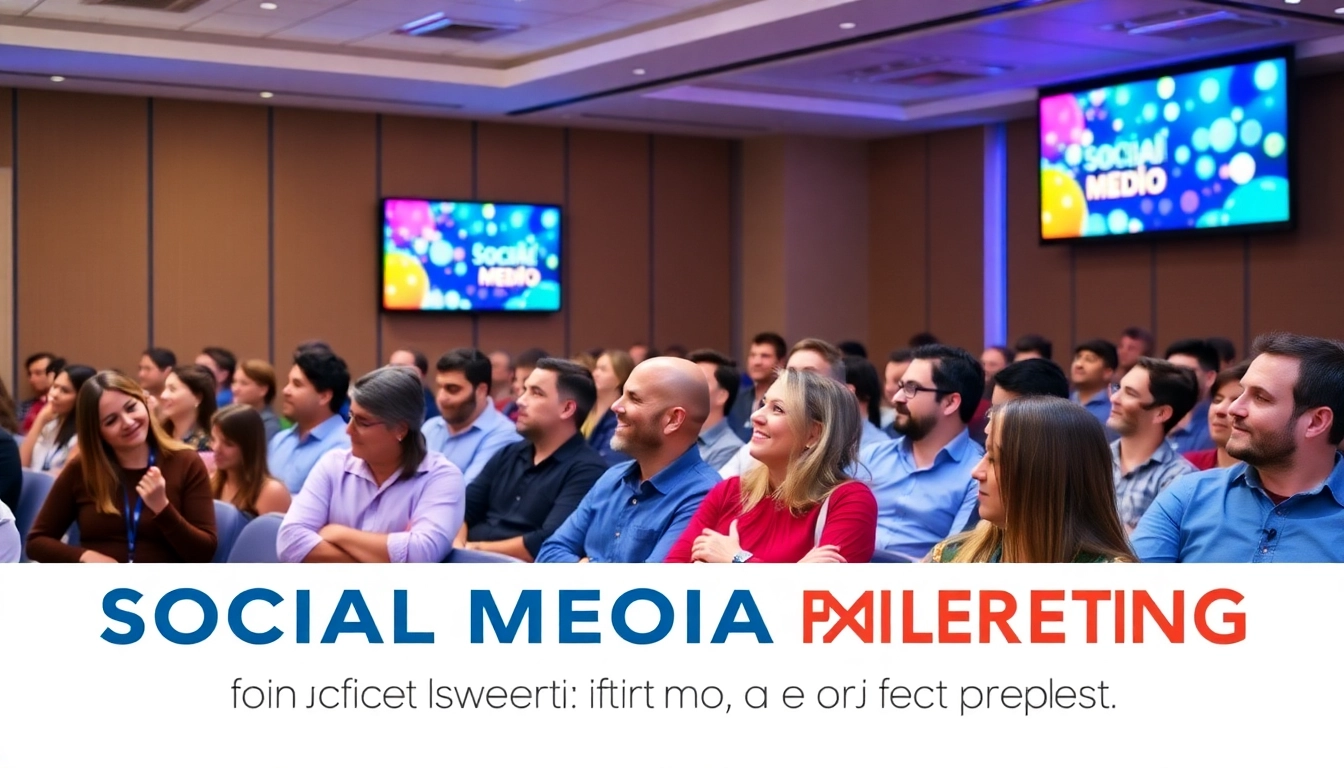Understanding AI Business Branding
In the rapidly evolving landscape of the digital age, the intersection of artificial intelligence (AI) and branding has birthed a transformative approach known as AI business branding. This innovative paradigm not only redefines the traditional branding processes but also empowers businesses to carve out unique identities in a competitive market. Let’s delve into the critical aspects of AI business branding and understand its significance in today’s entrepreneurial ecosystem.
What is AI Business Branding?
AI business branding refers to the integration of artificial intelligence technologies into the branding process of a business. This encompasses the use of machine learning algorithms, data analytics, and automated systems to create, develop, and manage a brand’s identity. From generating logos to curating brand narratives, AI enhances efficiency and creativity in branding, making it accessible to businesses of all sizes.
The Importance of Branding in Business
Branding is fundamental to any business as it fosters recognition, builds trust, and establishes a loyal customer base. A strong brand identity not only differentiates a business from its competitors but also communicates its core values to its audience. In a marketplace teeming with options, effective branding can be the deciding factor for consumers in their purchasing decisions. The rise of AI in branding allows businesses to streamline these processes, optimize customer engagement, and tailor brand experiences to individual preferences.
How AI Transforms the Branding Landscape
AI is revolutionizing branding through predictive analytics, sentiment analysis, and personalized marketing strategies. By analyzing vast amounts of data, AI can identify trends and consumer preferences faster than traditional methods. This results in more targeted marketing campaigns and a deeper understanding of customer journeys. Furthermore, AI-driven tools enable brands to maintain consistency across various platforms while adapting to evolving market dynamics.
Key Elements of AI Business Branding
Logos and Visual Identity
Logos are the cornerstone of branding, serving as visual representations of a business’s essence. AI tools can assist in creating logos that resonate with target audiences by leveraging color psychology, shape preferences, and current design trends. Platforms like Looka or uBrand utilize AI to generate customized logo designs based on user input, enabling businesses to develop compelling visual identities quickly and affordably.
Brand Messaging and Tone
Brand messaging encompasses the language and tone used to communicate with customers. AI helps to analyze consumer sentiment and preferences, thus guiding brands in crafting messages that truly resonate. By deploying AI to monitor social media interactions and customer feedback, businesses can adapt their messaging to align with audience expectations and foster a genuine connection.
Consistency Across Platforms
The importance of maintaining brand consistency across platforms cannot be overstated. AI can automate content creation and distribution, ensuring that brand messaging remains uniform regardless of the medium. By utilizing AI tools to schedule posts, design visuals, and manage responses, brands can focus more on strategic initiatives rather than operational minutiae.
Tools and Platforms for AI Business Branding
Top AI Branding Tools Available
There is a plethora of AI branding tools that cater to different aspects of branding. These tools help in everything from logo generation to social media management:
- Looka: Not only allows logo design but also assists in creating tailored brand kits.
- uBrand: Offers a comprehensive platform for branding needs, providing tools from logo creation to social media management.
- Canva: Features an AI logo generator that simplifies the design process for users across skill levels.
- Brandmark: Specializes in advanced logo design and branding via generative AI.
Comparative Analysis of Competitor Tools
When analyzing available AI branding tools, it is essential to consider their unique features, pricing models, and user accessibility. For instance, Looka stands out for its user-friendly interface, allowing users to customize logos without requiring extensive design expertise. In contrast, platforms like Canva cater to a wider range of design-oriented tasks, such as social media graphics and presentations.
User-Friendliness and Accessibility
Accessibility is a crucial consideration when implementing AI branding tools. User-friendly interfaces can significantly lower the barrier to entry for small business owners and entrepreneurs. Many AI tools offer free trials or basic features at no cost, allowing users to explore solutions before committing financially.
Implementing AI in Your Branding Strategy
Creating a Comprehensive Branding Plan
Implementing AI into your branding strategy requires a well-thought-out plan. Begin by defining your brand’s mission, values, and target audience. Utilize AI tools to gather insights on customer demographics and preferences, and develop a branding strategy that reflects these findings. An effective branding plan should outline goals, brand messaging, visual elements, and platforms to be used for engagement.
Best Practices for Brand Implementation
To successfully implement AI in your branding strategy, consider the following best practices:
- Utilize AI analytics to continuously monitor brand performance and adapt strategies accordingly.
- Engage with consumers through personalized content generated by AI based on their preferences.
- Maintain a consistent brand voice across all platforms to strengthen brand recognition.
- Incorporate feedback loops to refine branding efforts based on customer responses.
Measuring Brand Impact with AI Analytics
AI analytics are instrumental in measuring the effectiveness of branding strategies. Tools that provide data visualization, customer feedback, and engagement metrics enable businesses to ascertain the impact of their branding efforts. Regularly reviewing these reports allows businesses to make informed decisions and optimize their branding strategies.
Future Trends in AI Business Branding
The Evolving Role of AI in Branding
The role of AI in branding is poised to continue evolving. As technology advances, expect to see more sophisticated tools that can predict consumer behaviors, automate marketing processes, and enhance creative planning. The integration of AI with augmented reality (AR) and virtual reality (VR) is also likely to create more immersive branding experiences.
Branding in an AI-Driven Market
As AI becomes a standard component of business operations, companies that leverage these technologies effectively will have a competitive edge. Businesses must be agile and ready to adapt their branding strategies to keep pace with technological advancements and shifting consumer preferences. The embrace of AI in branding signifies a shift towards a more data-driven approach, encouraging brands to remain relevant in an increasingly digital marketplace.
Leveraging AI for Sustainable Branding Practices
In addition to enhancing branding efficiency, AI can also promote sustainable practices. By optimizing resource allocation and minimizing waste through data analytics, brands can align their branding efforts with eco-friendly initiatives. This not only appeals to conscientious consumers but also positions the business as a responsible entity in the eyes of stakeholders.



